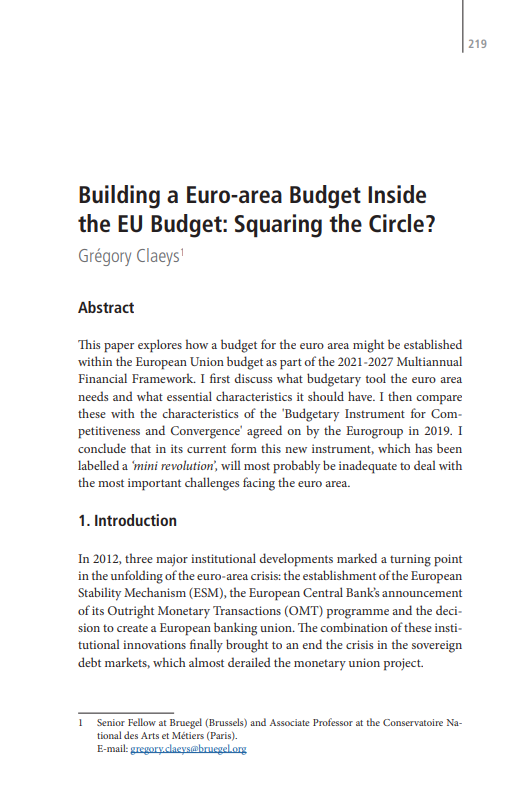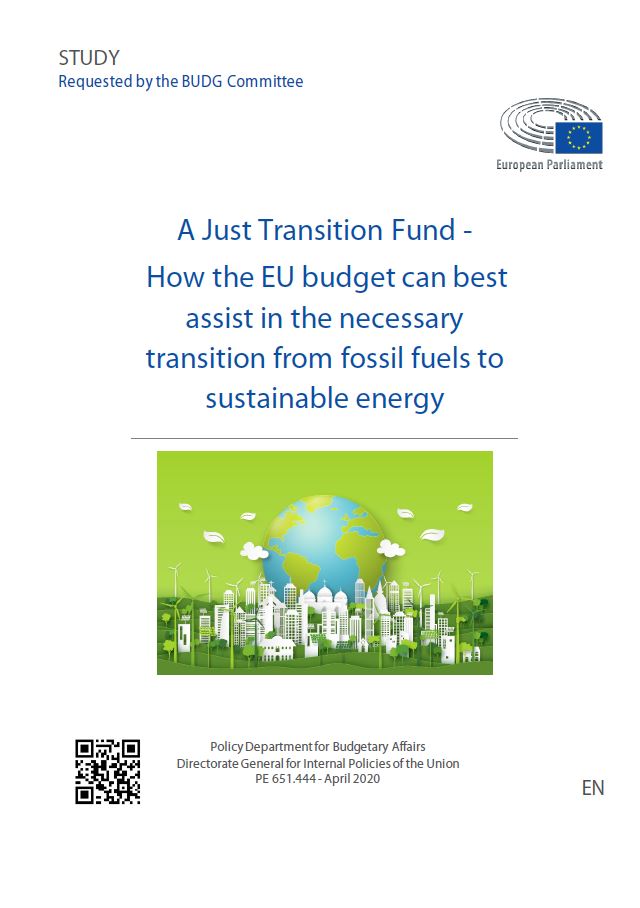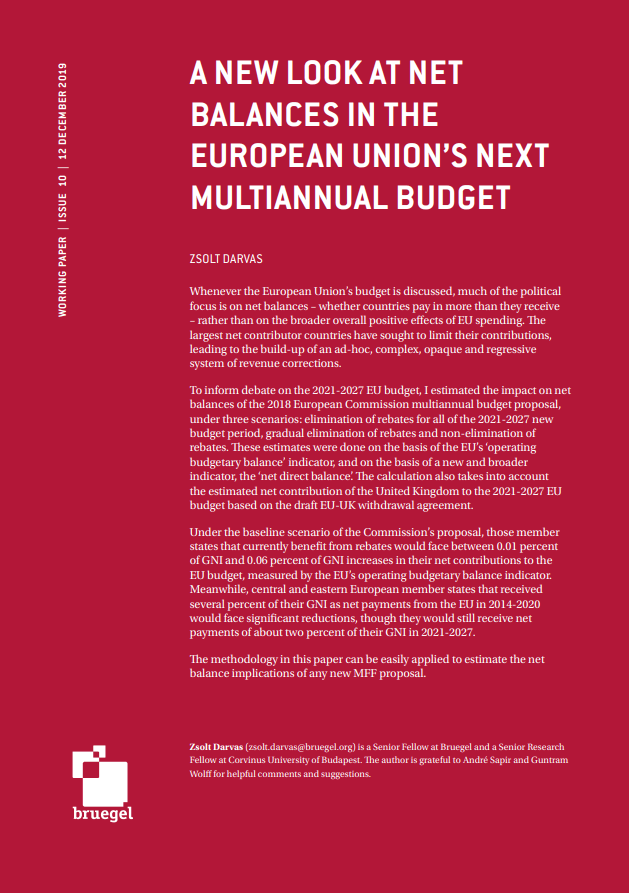External Publication
Building a Euro-area Budget Inside the EU Budget: Squaring the Circle?
As part of a volume on the Multiannual Financial Framework, the EUI recently published a chapter by Grégory Claeys on the creation of a euro area budget within the EU's budget.
This chapter, part of an edited volume on the EU Multiannual Financial Framework 2021-2027, is the outcome a conference held in mid-October 2019 on initiative by the Robert Schuman Centre for Advanced Studies at the European University Institute of Florence.
Abstract
This paper explores how a budget for the euro area might be established within the European Union budget as part of the 2021-2027 Multiannual Financial Framework. The author first discusses what budgetary tool the euro area needs and what essential characteristics it should have. They then compare these with the characteristics of the ‘Budgetary Instrument for Competitiveness and Convergence’ agreed upon by the Eurogroup in 2019. They conclude that in its current form this new instrument, which has been labelled a ‘mini revolution’, will most probably be inadequate to deal with the most important challenges facing the euro area.








